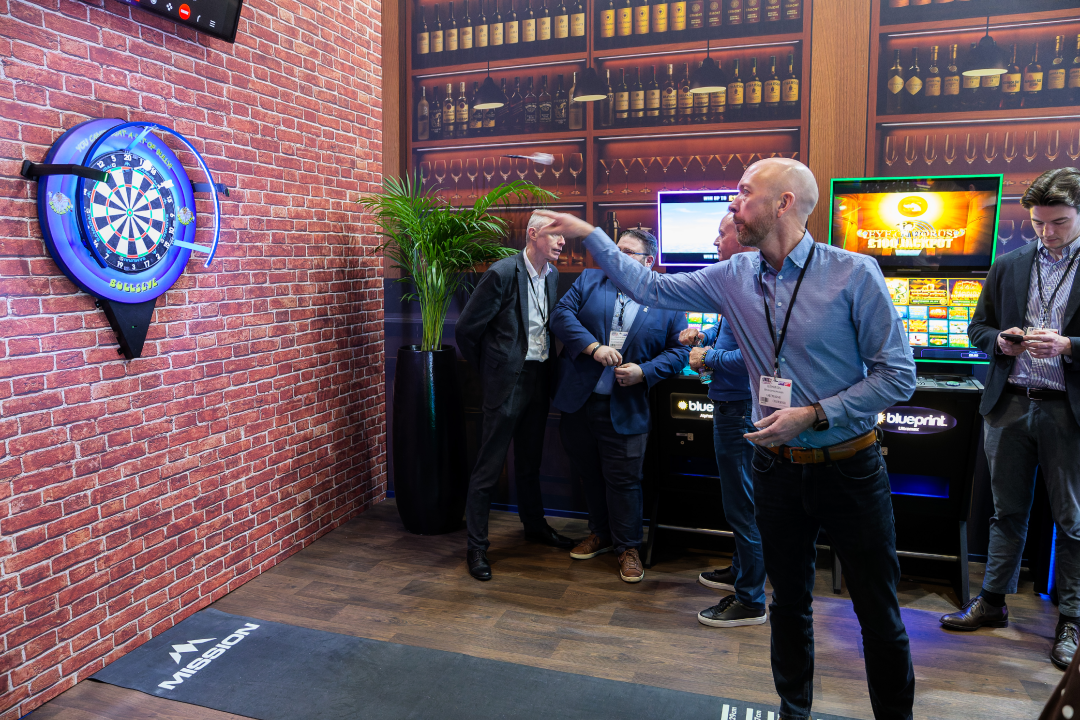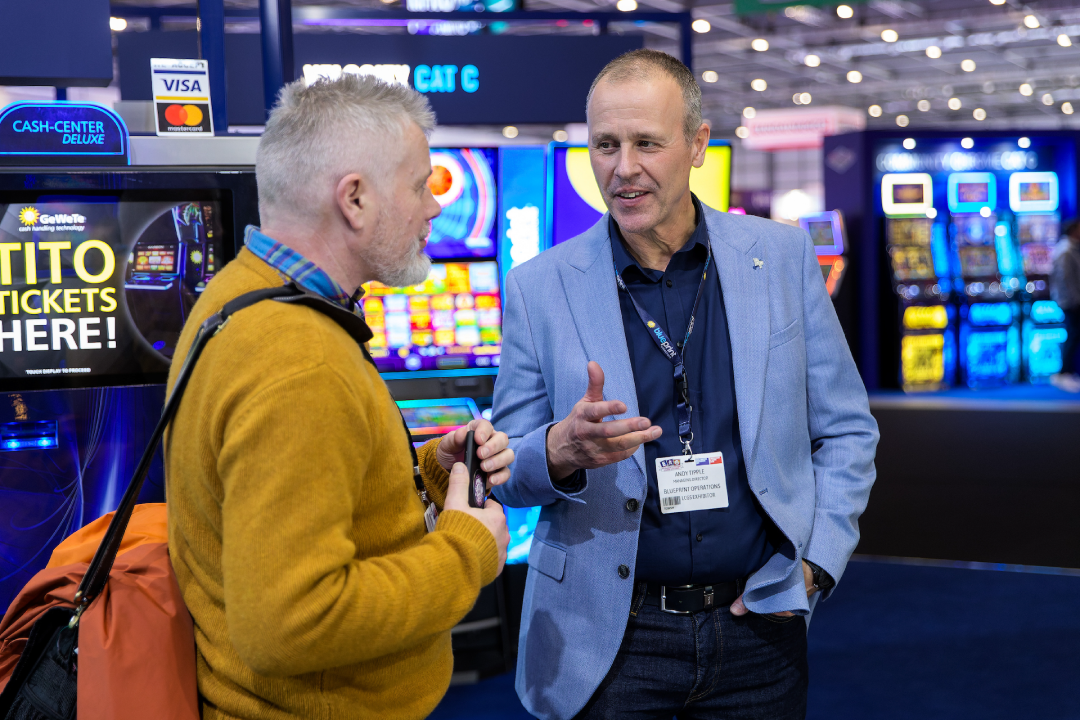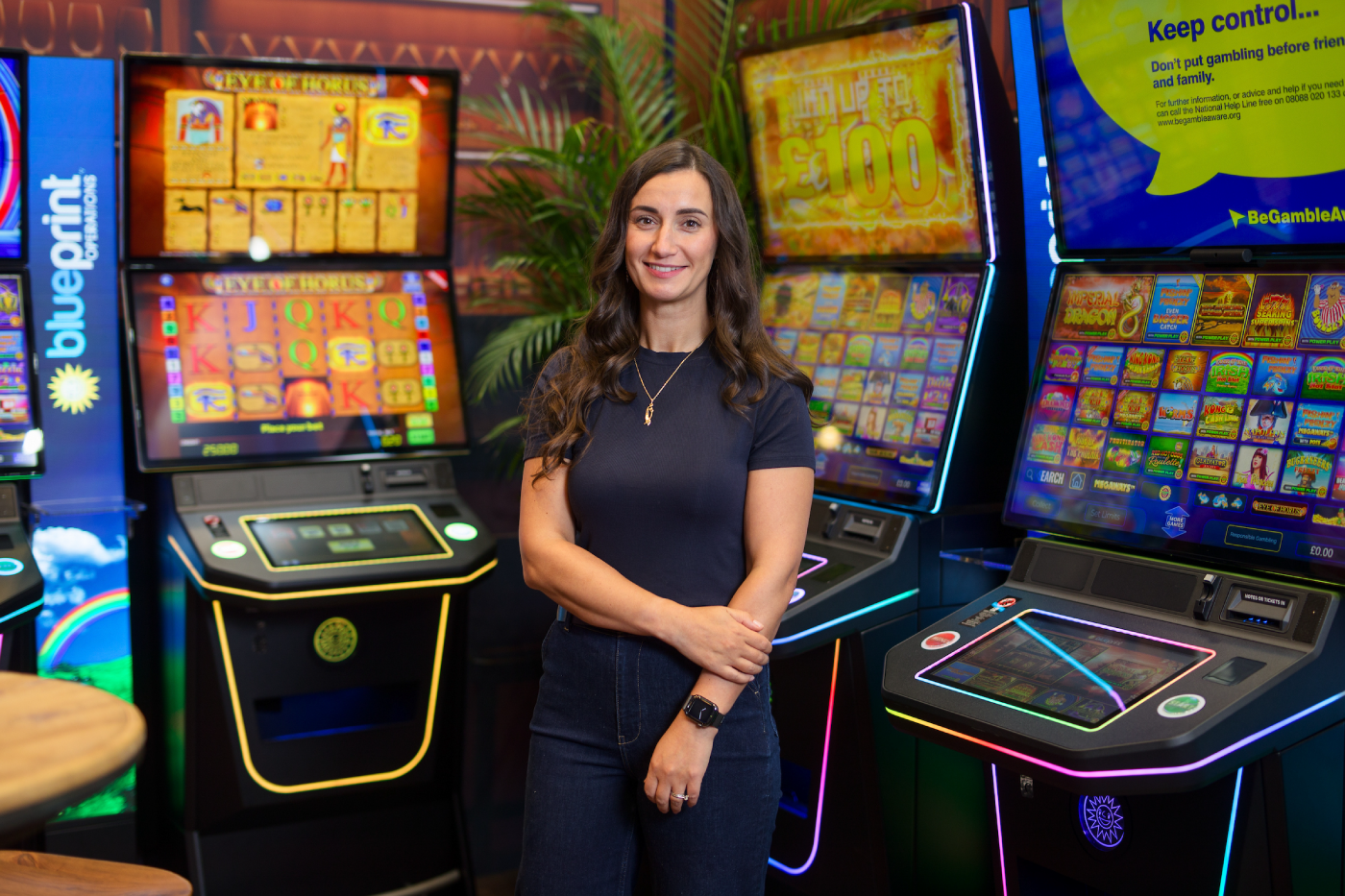Latest news
Stay informed with our latest updates, dive into the pulse of what’s happening with our curated news page. From industry insights to company updates, explore a variety of engaging content designed to keep you in the know.

- 6 min read
Community is at the heart of MERKUR UK’s year of giving
To mark a year of giving, which earned it an EAG Chairman’s Award, MERKUR UK has documented the organisations that it has supported with hard copies of the social impact report being sent to external stakeholders including constituency MPs.
Latest News | Our Events






